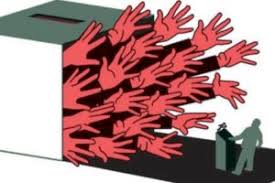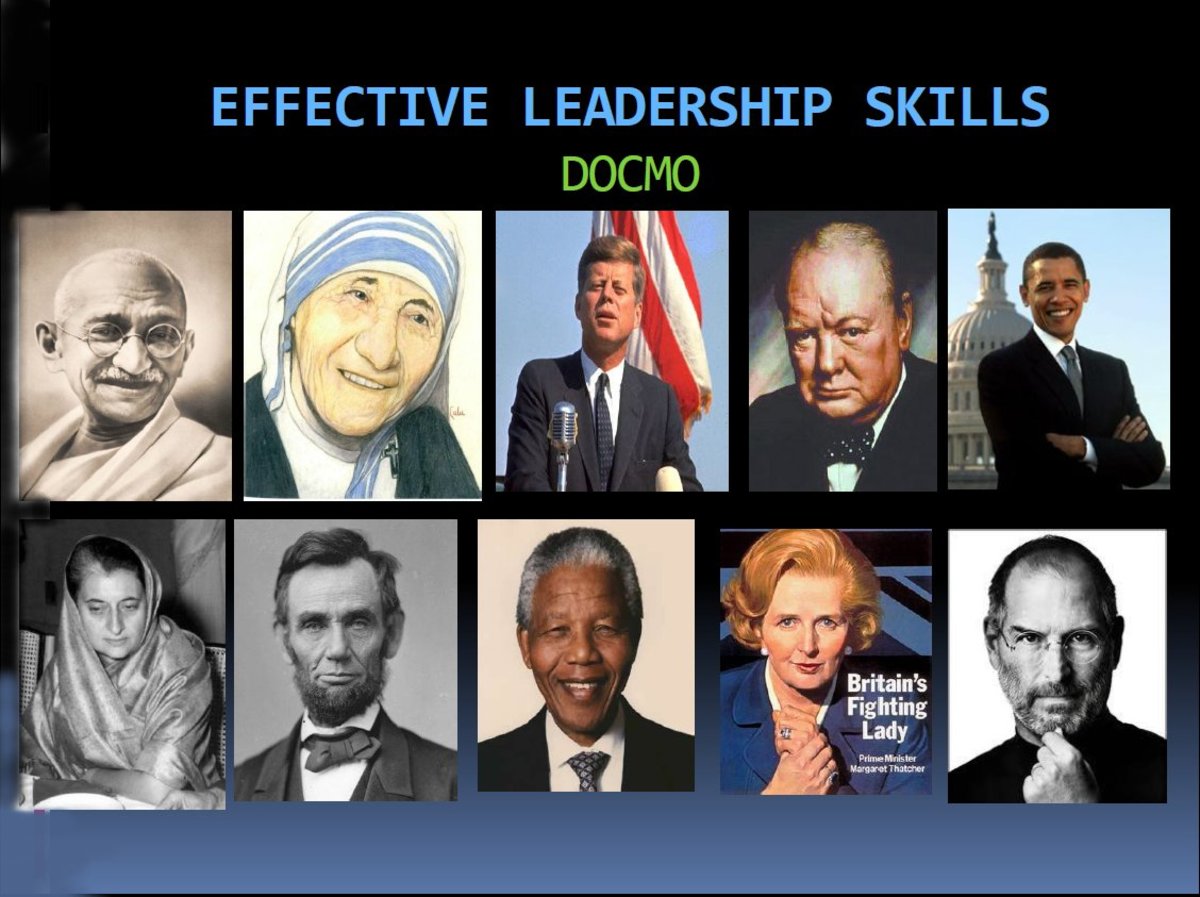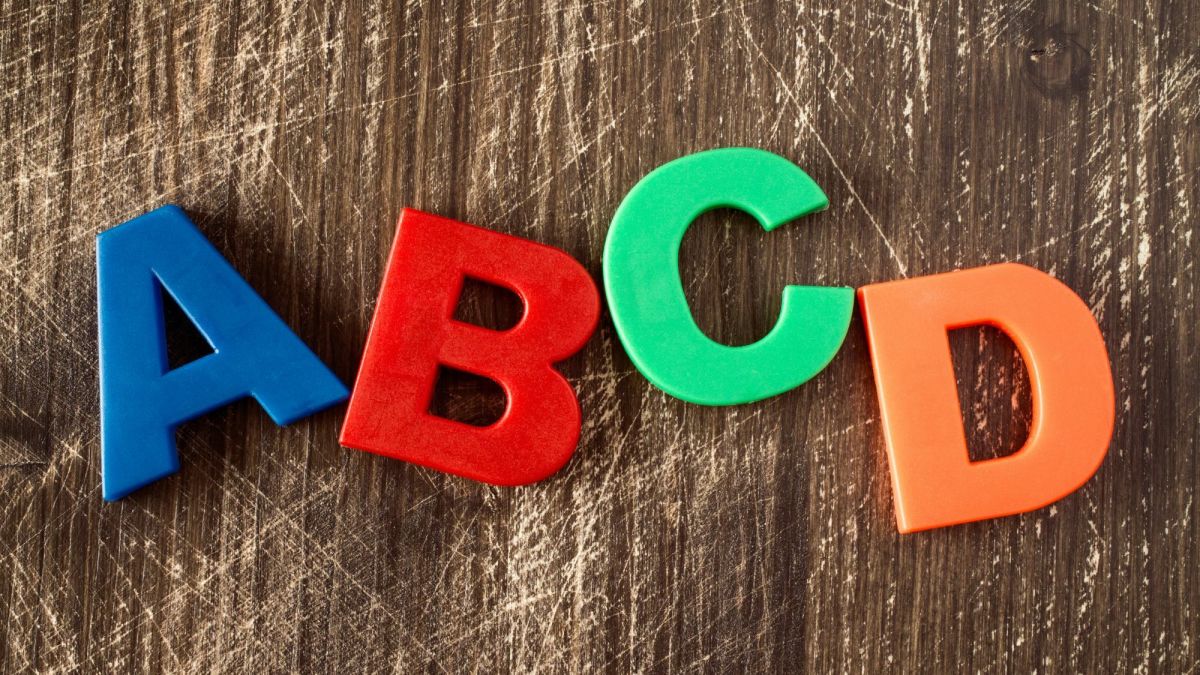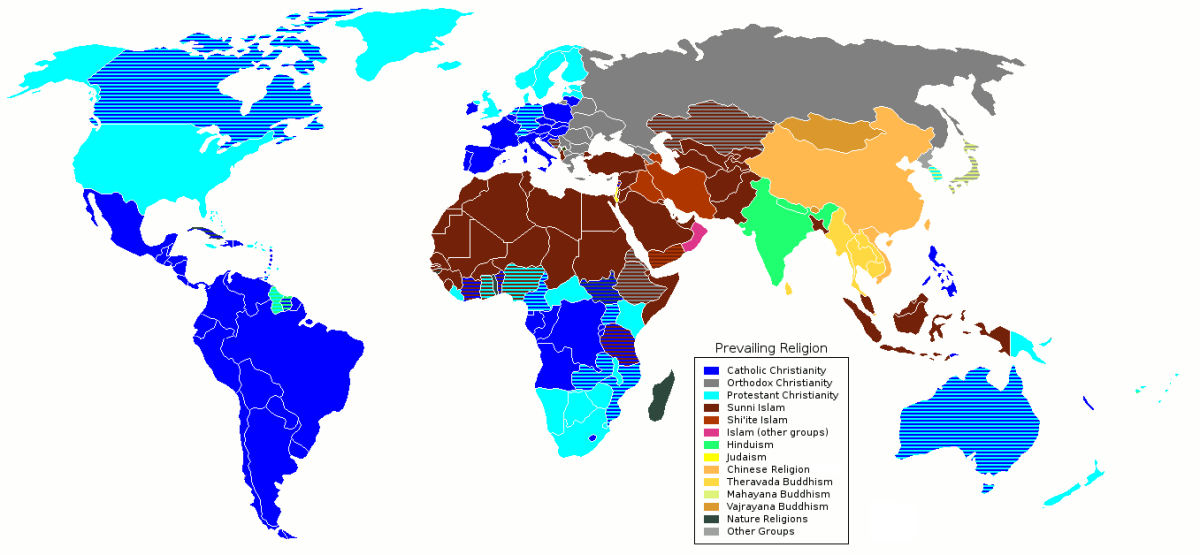Between Leadership and Authority

The Current Dynamic
In the modern socio-political climate, authority and leadership are pretty much regarded as the same thing. No matter what political and social arrangements are being operated under - from representative regimes to totalitarian dictatorships - the two concepts are inextricably linked to each other among the popular consensus. And it is this general consensus that informs the ensuing social arrangement accepted by society's populace. These two dynamics are usually used and conceptualized interchangeably. Particularly in contemporary western society where the representative political structure is, in fact, hierarchical and, as such, authoritarian, the terms and their respective definitions, as well as their practice, tend to materialize synonymously. Consequently, notwithstanding the alacrity of social-chauvinism to anachronistic political models, jingoist propaganda and the very myopic belief handed down from generation to generation, the typical western political structure, itself, as well as it's resulting societal framework, are anything but democratic. Nevertheless, a key component to building a working model of an actual democratic society is understanding that the relationship between an authority figure and their subordinates is starkly diametric to the relationship between a leader and their followers. Thus, it needs to be understood that, despite widespread misconceptions developed through centuries long disinformation campaigns designed to foment a vertical power structure and uneven power distribution, authority and leadership are not the same thing. What will be explored here are the differences between the two, the institutional methods used to conflate the two, and how anti-authoritarian leadership can, in fact, lead to democratic principle and practice. We will also attempt a cursory exploration of the role that an anti-authoritarian leader plays within their socio-political position, however this examination will intentionally be left unspecific so as to maintain the vicissitudes necessary for adaptability to any given communal demand.
Authority's Shortcomings
Authority is a position of status. An authority figure is placed into their position solely for the purpose of power flow. Authority leads by consolidating the power of the people into the authority figure's own hands, wielding that power over the heads of the people who gave it to them, and dictating the movements and interests of the people through this consolidation of power. As opposed to a natural selection of leadership, authority attempts to convince and persuade the people of their competency. The contradiction being that true competence needs no persuasion for recognition. Ergo, the campaigns of persuasion by those who seek authority are rooted in the thirst for power which is in direct opposition to the best interest of the people thereby nullifying any possibility of democratic characteristics. The best interest of the people is always to keep the power in the hands of the people. Any differing intent should be immediately abrogated as a viable option for representation. Nevertheless, persuasion campaigns by would be authority figures are a glaring testament to the basic forced relationship model for authoritative leadership. This model demands obedience from the people that is rooted in fear rather than loyalty from the people rooted in respect. Much like authority and leadership, obsequence and loyalty are not the same thing. Thus, it stands that democracy and freedom cannot, by definition, flow from social and political authoritative leadership institutions.
Leadership Model
Leadership, on the other hand, is a position of service. A true leader does not lead to be followed. Instead, this is a natural occurrence concomitant of their dedication and service to the people demonstrated in their every day life. A position of leadership organically develops from a people who are not forced to choose one. Instead, they will naturally gravitate towards a particular leader whose emergence proliferates by the people's judge of character. Natural leaders are born of the freedom that surrounds the people's choice to follow. It is this freedom of choice that holds responsibility over the leader. A true leader is held accountable in their position by virtue of a people's choice to follow. Thus it stands that the basics of the relationship model for leadership are mutually voluntary. The people desire leadership but far too often are forced to compromise on it under the auspices of authority.
The Negative Effects of Authority in Society
Every autocratic state and society in history has utilized institutional methods to indoctrinate an ancillary population and solidify capitulation to authority as a way of life. From the ancient Roman and Ottoman empires to the European monarchies and Latin American dictatorships, institutional conditioning has been used to propagate the misconception of obedience to authority as a moral imperative. The contemporary institutions of modernity are no different. The education our children receive revolves around the premise that in order to receive a quality education, authority must go unquestioned and unassailed. To do so warrants punishment which directly influences the student's chances at educational success. The competitive nature of the education system inherently socializes the student to place a premium on reaching the predetermined finish line. This can only be achieved by the student's submission to those placed in authoritative positions. Such submission discourages unique and independent perspective which inevitably keeps the student's thought process and behavior patterns within the confines dictated by those with authority. When we consider that teachers are guides and leaders for their pupils, we start to associate their natural leadership position with their appointed authoritative approach. The military is another institutional method of conditioning, even for those outside it's ranks. While the indoctrination to authority within the military may be salient, it is less so with those who are not in the military. Still, it plays a major roll on the minds of the masses. Through an accepted social ethos developed from an anachronistic idea of the military's societal function, we're taught that an automatic respect for soldiers is due them. Respect for soldiers is assumed through the idea that soldiers put their lives on the line to protect the safety and freedom of the population from foreign threats. It is presumed that the life of a soldier is in the hands of their ranking superiors and as such the soldier holds respect and obedience to said superior officer. By default, the respect that a population is conditioned to have for soldiers encompasses an automatic respect to their superior officers which, in turn, is demonstrated through obedience. Again we see a very common conflation that respect is the same thing as obedience. It is not. Lastly, reluctant to use the term "justice" due to the glaring lack of it, the term "penal" will be used in it's stead to refer to the final social institution we will explore. The penal institution is the most axiomatic example of authoritative conditioning any society can have. When all other attempts to rob individuals of their organic thought processes, originality, and free will have failed, society abdicates any pretense of leadership and subjects the individual to an environment where physical enforcement of strict authority is not only encouraged but, required. Police and prisons are given a monopoly on violence in order to force an authoritative dynamic onto society one recalcitrant individual at a time. With this monopoly, slavery and physical force are used to literally beat the fallacious idea that submitting to authority is a moral value that does not obstruct our freedom into the heads of the more intransigent people who follow the natural path of resistance to it. Education, military, and punishment are not the only institutions to buttress the idea that leadership and authority are the same. Religion, industry, and even family life are idealized into cookie-cutter conceptions in order to normalize a social arrangement that is anything but natural. From the cryptic to the overt, we see that institutions exist on a spectrum of authoritative indoctrination to force it's paradigm upon the citizenry. All social institutions are constructed by authority, using an authoritative framework to ambiguate the difference between leadership and authority which directly contradicts the best interest of a people who are forced to participate in it.
Separating the Two
Ironically, a true anti-authoritarian leadership model rests on the same premise as an authoritarian leadership model. The principle of the people choosing their leader rather than the leader choosing it's people is the central idea from which both situations arise. However, much like contemporary western political structures, authoritarian leadership assumes that because the people chose the leader, that the people, by default of choice, also handed over their rightful authority to the leader. This is precisely where anti-authoritarian leadership differs. An anti-authoritarian leader is chosen by the people on the bases of content, merit, skill, sensibility, and coherence. Charisma and demagoguery do also have their place but only as secondary characteristics. Nevertheless, the authority of decision, justice, and force still lie in the hands of the people. There is no room for contention should the people choose to recall and replace a licentious leader under the predetermined, yet circumstantially fluid, guidelines of abuse or misrepresentation. A true leader understands that the power still and always does lie in the hands of the people who chose him/her and this power is not limited to merely the freedom of a vote. They understand that positions of leadership do not equal an assumed excess of power over the people while the leadership position is occupied. In fact, on the contrary. It is the people who have the power over the leader.
Conclusion
The role of an anti-authoritarian leader is dynamic and must bend to the needs of the community from which the leader comes. The role of a leader can be anything from representing the choices of the people to guiding and educating the people. It must be understood, however, that if a leader represents the decisions of the people, that it is not the role of a leader to make those decisions for them. Moreover, under normal operating circumstances, the anti-authoritarian leader gets a vote on any given issue, but his/her vote carries no more weight than the votes of the people. If the role of the leader is to educate the people on their best interests, those interests must come from the expressed consent of the community. Thus, an anti-authoritarian leader must possess the qualities of an educator without presenting the destruction of duplicity or self interest. It must be understood by the leader that the choice will always lie in the hands of the people. If the choice of a person diverges from the education of a leader, the leader must recognize this, accept that said person is of a different belief, and move on. Moreover, the difference between educating the people on their best interests and persuading them to choose against their own interests needs to maintain a constant and explicit presence within the periphery of both the leader and the people. They can often take on a very similar appearance. Also, from a brief reciprocal perspective, one of the most important feelings to bolster leadership is that of equal status and station. A people who are treated as equals by their leader will continue to freely support that leader (assuming all other necessary leadership qualities are also met). However, the feelings that arise within a people forced into an ancillary position when confronted by their superior are a testament to authority's unnatural and counter-intuitive nature. Resentment, anger, obstinance, hostility, and disservice are all indicative of how synthetic the authoritative thread is to the fabric of society. All in all, the professionalization of politics, hierarchical social and occupational arrangements, and the contemporary modes of production must be eradicated in order to solidify the role of an anti-authoritative social and political leader as a normative. While leadership in any society is a necessary arrangement for the progression of civilization, a life subjected to an authoritative expediency that operates under the auspices of leadership cannot simultaneously exist with a life that is free.








